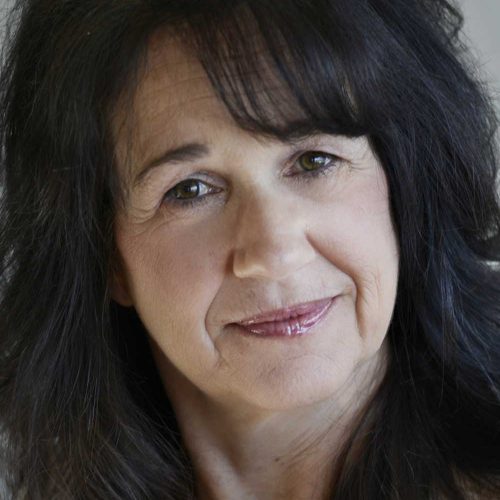We are planning enthusiasts. We are excellent listeners.
We are a renegade bunch of list-makers, financial gurus, and math geeks.
Because you want to be prepared when life’s transitions hit.
Here are our stories.
We are planning enthusiasts. We are excellent listeners.
We are a renegade bunch of list-makers, financial gurus, and math geeks.
Because you want to be prepared when life’s transitions hit.
Here are our stories.
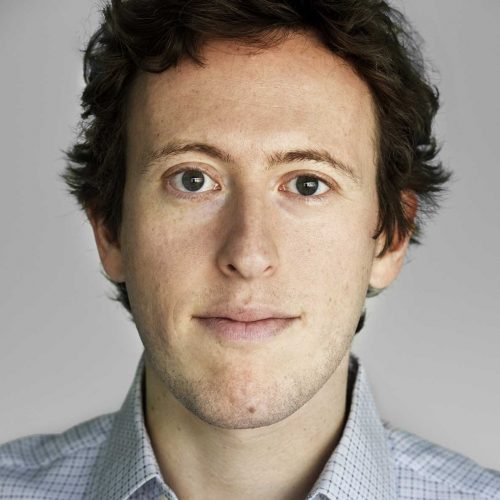
It took a long time to save that $200 and it felt strange to spend it all at once. But this experience planted the idea that money is a means of realizing goals and reflecting values, not an end itself. Until that point, I had thought about how to acquire and hold on to money, not about the best ways to use it. At the end of the day, how you use it is what matters.
That’s ultimately what drew me to Financial Life Planning: the integration of money with personal values, life goals, and a sense of meaning and purpose. It’s a process of defining what’s important—and what is not. It results in making financial decisions with clarity and confidence.
I feel very fortunate to have found a team of like-minded people at Financial Life Focus who are so passionate about the work we do.
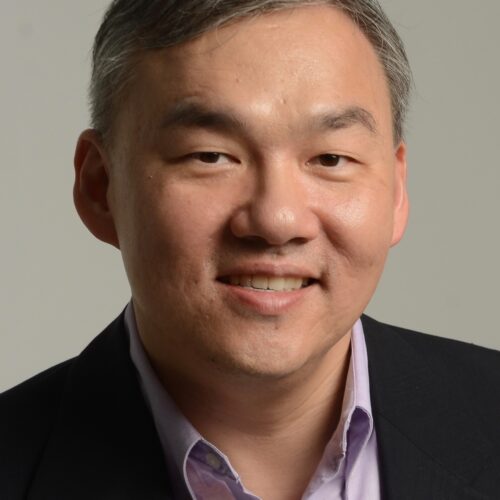
That all came to a screeching halt when his company went bankrupt during the Great Recession. Just like that, the 40 years my dad had poured into his dream was gone.
To help take care of the family, I dove headfirst into my own career, unaware that I was treading down the same path as my father. While my roles and responsibilities advanced rapidly, I did not enjoy working and as a result, other parts of my life suffered accordingly.
My father taught me that I needed to work hard to build a future for myself and my own family. Yet nobody seemed to really know what success looked and felt like. As my children grew up, I realized that I wanted a different life for them.
After a great deal of reflection, I gave up my successful career in corporate finance to start over with something I really felt passionate about—guiding others towards financial success and well-being.
While money is important, our lives are even more important. Achieving life’s goals requires more than just entering numbers into a financial plan. It’s a process of exploring what we want in life, creating and implementing a plan, and continually adapting that plan as our lives change.
Today, I love helping my clients find happiness and well-being through financial and life planning. The ups and downs of my relationship with money have given me some hard-earned perspectives. However, the lessons that I’ve learned have made me a better financial life planner for my clients. I look forward to working with you.
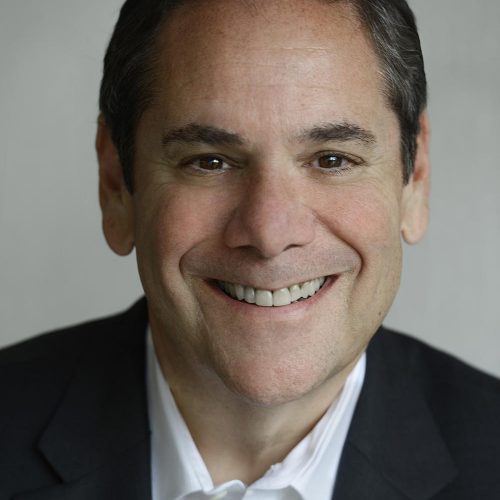
I started working toward my true calling from an unlikely place. After deciding that a career as a trumpet player wasn’t in the cards, I earned my CPA and worked in public accounting for 10 years. It was my background in accounting and my passion for working directly with families that led me to Financial Life Planning.
Listening to your story and planning for the life you want makes my job energizing, rewarding, and well…awesome.
I founded Financial Life Focus because I wanted to work with people who put your success at the forefront of everything they do; people who understand that finding balance is a journey. We built a team whose expertise and working styles complement each other. We’re people first, and advisors second.
We all have pre-conceived notions about money, but you can build money habits that support your values. You can shape your own money mindset—although getting where you want to be may not be a straight line. Appreciate where you are; value where you’ve been. Let’s plan for your next.
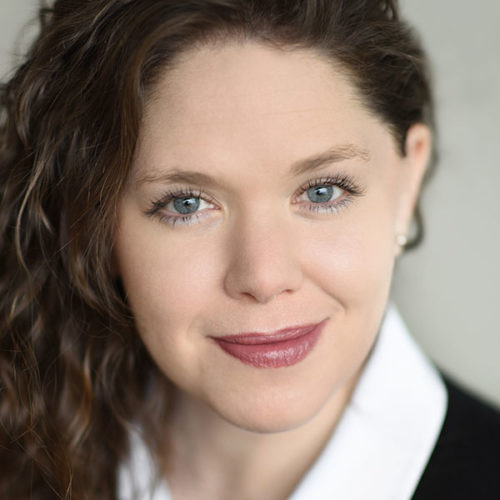
But the emotional aspect of money didn’t really sink in until my junior year in college. My father was diagnosed with cancer and passed within six months. Since he handled all the family finances, my mother was confronted with having to make a lot of critical decisions she felt unprepared for.
Helping her navigate through that experience while studying financial planning made me realize that money can be very emotional—and the more we understand about our personal goals and relationship with money, the better choices we make.
Money is simply a tool that gives you flexibility when you may need it or want it the most. That’s why I practice financial life planning: so I can help turn aspirations into reality—preferably sooner rather than later.
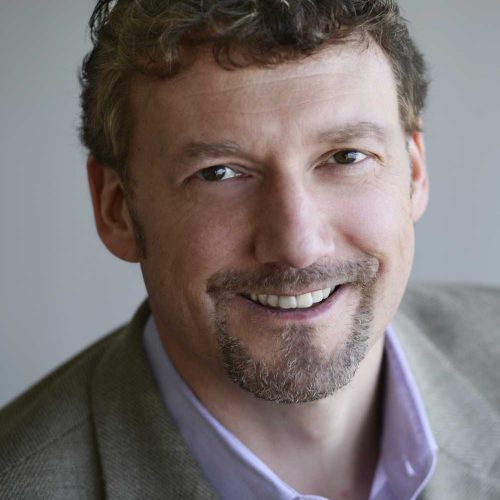
That experience stuck with me (I still have the boom box I bought with the prize money in my attic)—discipline, hard work and striving for balance do pay off.
I left Quebec to play hockey and study in New York at Colgate, later joining Goldman Sachs as a financial analyst. A couple of years on Wall Street and I was off to Chicago, pursuing my M.B.A. at Northwestern University.
It was my final stint in investment banking at CIBC Wood Gundy that convinced me: I needed to do work that was about the financial future of people, not companies.
I found my business soul mate in Michael Kay in 2006. We have mirroring philosophies on investments and personal finance, and agree that the goal in financial planning is overall satisfaction with life. Which is why today I coach my son’s hockey team—The Rockets.
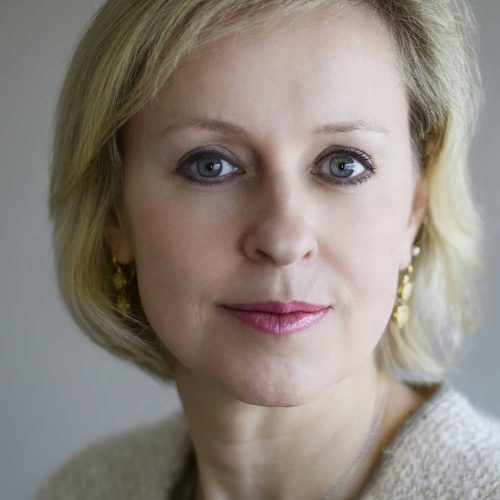
That experience taught me that we each have the power within us to get where we want to go.
Transitions happen (whether we want them or not), but you can use them as fuel to create the life you want. I will work through your finances with you until we uncover a way to meet your life goals—I’m tireless that way. You can’t necessarily plan for everything, but knowledge is powerful.
I’ve been in investment finance for over 20 years, and a devout New Yorker for almost 35.
I was one of the first advisors at Financial Life Focus in 1997. I’m fluent in Russian, English, and finance.
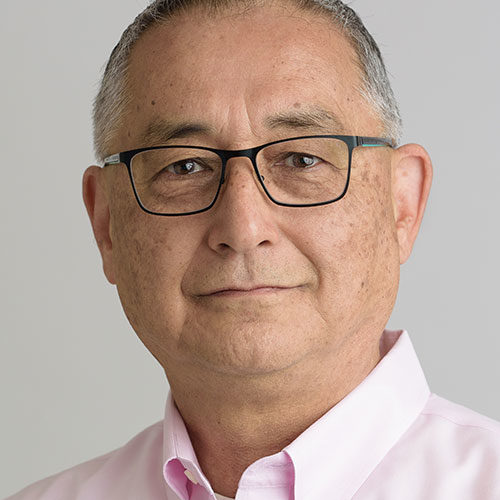
But it wasn’t until October 1991 that I really solidified my own opinions about money. My wife and four month old daughter were at home while I was experimenting by attending a new church. During the service, they passed out a “40 Days Of Thankful Living” exercise (the idea was to practice gratitude for each day until Thanksgiving). On that day, the task was to write the top five things I’m grateful for. The list I scribbled in church that day had entries like my wife, daughter, friends and health.
As we left the church, we saw smoke in the nearby hills and I learned there was fire right near my house. While I raced back home, my wife and baby were rescued by a neighbor. We lost our house and everything in it to the Oakland Hills fire.
While I was sad to lose some deeply memorable possessions, I still had that list in my hand. I quickly realized that I’d lost none of the top “things” that mattered most to me (and I had fire insurance for the rest).
I learned that I already intuitively knew what brought me joy and satisfaction. That’s what I try to do as a financial life planner—to help clients find their own personal answers.
